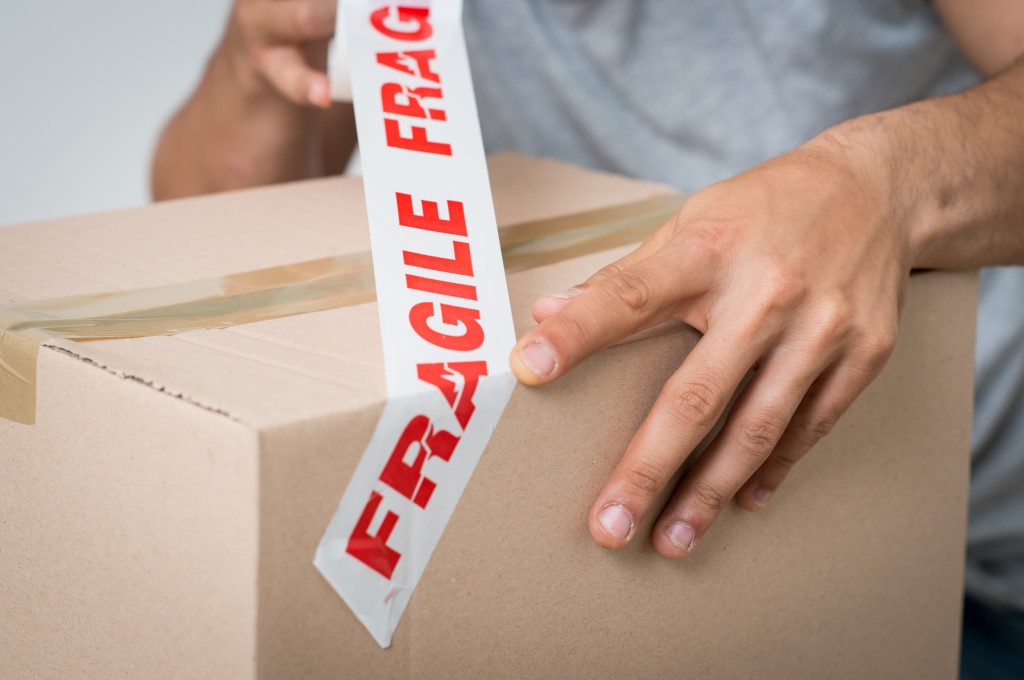You have browsed for the best headstalls and saddle pads in anticipation of having your own horse when you thought, what is the ideal age of a horse for first-time owners?
Some say that it is best to buy one that is at least 10 to 15 years, but horses that are in their 20s can still be a good choice. It is not a good idea to keep a young horse, due to a beginner’s lack of experience and understanding of the animal’s behavior. For this reason, sticking with an older steed seems a more practical choice.
Why Choose Older Horses
Casual riders should consider an older horse not only because it is easier to control, but also due to being trained by its former owner or handler. When buying horses, it would be more difficult to determine the tendencies of a young horse, despite the information you get from the seller. If you plan on keeping a horse for racing events or show competition, choosing one that is well into its twenties can still be a good decision.
The only downside to this involves a greater amount of care and maintenance, particularly for its health. You should also look out for signs of arthritis that is common among older horses. Dental care is more important for older horses as well. In fact, dental disease affects almost 90% of horses that are more than 20 years old.
Dental Care for Horses

Veterinary care for senior horses involves a different approach than a younger one. Times have changed, and it is no longer accurate to determine the animal’s lifespan through its dental health. Some horses can still have a good set of teeth with proper maintenance and nutrition.
However, owners should be more particular when it comes to dental care of older ones. If you like a certain horse yet it already lost some of its teeth; your priority should focus on preserving the remaining healthy ones.
Determining Age And Health Issues
Regular veterinary care lets you know for sure if there are any other problems that affect your horses, especially for illnesses that are not noticeable immediately. Some animals may appear perfectly fine, although this should not be a reason to skip regular check-ups. If you are still looking for a horse, a clear sign of aging occurs on its skin.
As an example, coarse skin serves as an indicator. Senior horses also tend to have loose skin tone. A sagging back could be another sign, but take note that this affects younger horses for reasons unrelated to age. Wounds and injuries take more time to heal, which is another reason to take better care of it.
Your own age can sometimes be a factor for keeping an old horse. In reality, there are other things like work and family affairs that could keep you from going on a casual ride regularly. Learn to be familiar with the basics of horse maintenance and gain some experience before planning to keep a young one.




